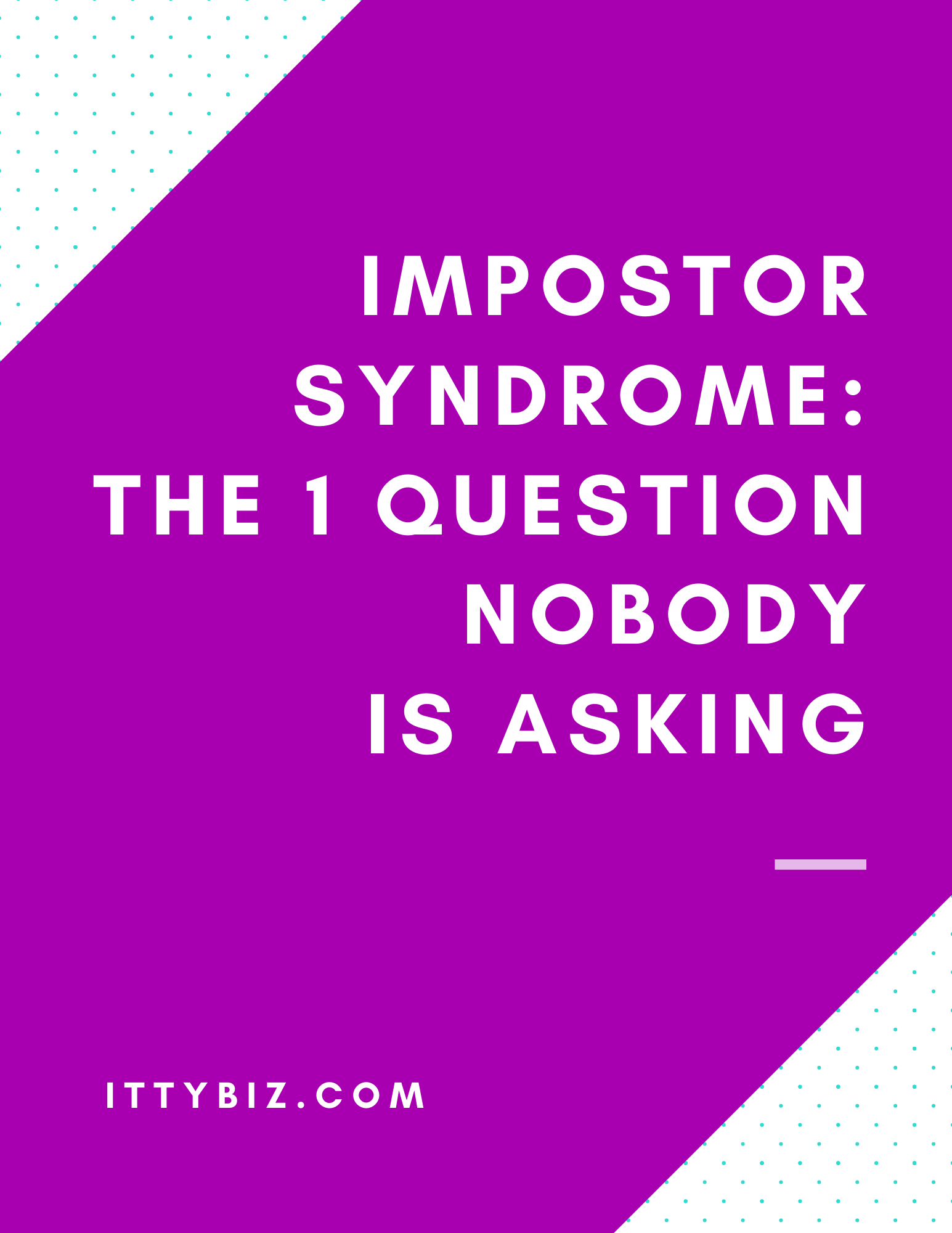In our daily lives, we often encounter challenges that hinder productivity and personal growth. Among the most common issues are procrastination, emotional dependency, and impostor syndrome. They can negatively influence our achievements, but addressing them can lead to significant personal improvement.
In this article, we’ll explore what these issues are, how they develop, and effective strategies to manage them. With the right insights, you can take control of your habits and achieve your goals with confidence.
What is Procrastination?
Procrastination refers to the act of delaying tasks that are important. It is commonly caused by fear of failure, perfectionism, or lack of motivation.

Research shows that procrastination is rooted in the brain’s preference for short-term rewards. People often procrastinate when they feel unmotivated or overwhelmed. Recognizing these triggers is essential to addressing the issue effectively.
How Emotional Dependency Affects Relationships
Emotional dependency is characterized by a deep reliance on external relationships for approval, validation, or support. While seeking connection is natural, excessive emotional dependency can harm both the individual and the relationship.
People with emotional dependency may struggle to make independent decisions. It is usually linked to early attachment patterns, such as a fear of abandonment or low self-esteem. Building self-awareness and working on personal growth can help foster healthier, more independent relationships.
The Effects of Impostor Syndrome on Self-Confidence
Impostor syndrome is the persistent belief that one’s success is undeserved. Despite evidence of competence, individuals with impostor syndrome doubt their own abilities.

This mindset can lead to chronic stress, low self-confidence, and missed opportunities. Studies have found that addressing impostor syndrome requires acknowledging accomplishments, reframing negative thoughts, and seeking constructive feedback.
Practical Tips for Personal Growth
To combat these challenges, consider implementing the following strategies:
- For procrastination: Set small, manageable goals and practice time management strategies such as the Pomodoro Technique.
- For emotional dependency: Focus on building self-esteem through activities like self-reflection and personal growth exercises.
- For impostor syndrome: Keep a journal of your achievements and seek support from trusted mentors or peers.
procastinação
The key to lasting change—practice these techniques daily to create long-term improvement.
Conclusion: Taking Charge of Your Mental Habits
Procrastination, emotional dependency, and impostor syndrome can be overcome with dedication and the right tools. When you take proactive steps to address these issues, you set the stage for a more productive, confident, and fulfilling future.
Begin today—choose one strategy from this article and commit to making gradual progress. Over time, you’ll see improvements in your mindset and daily life.